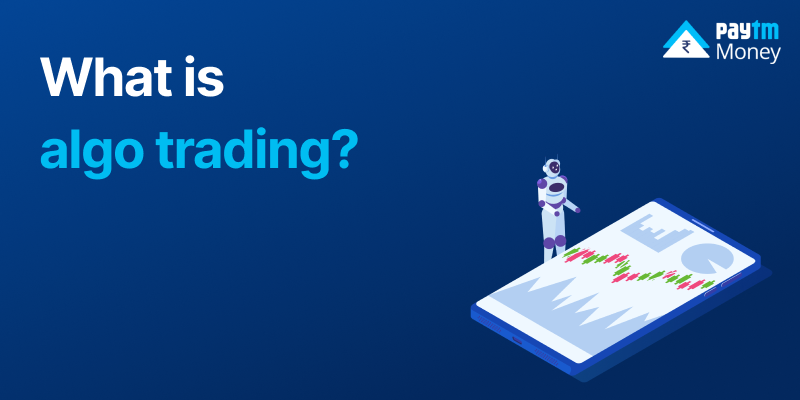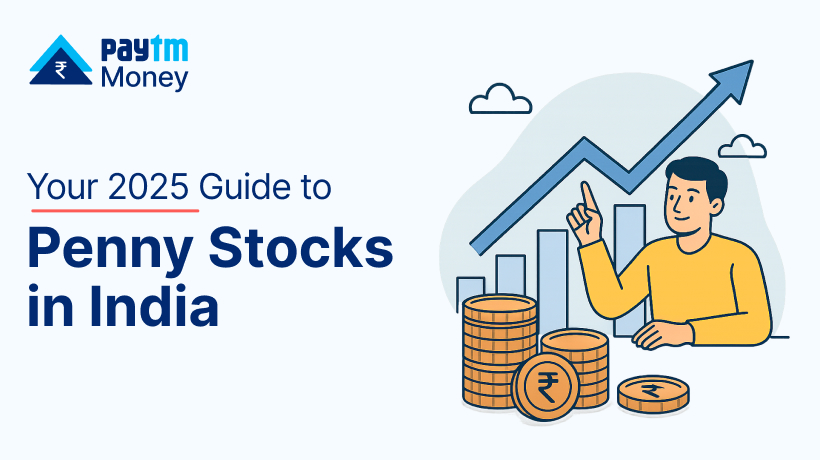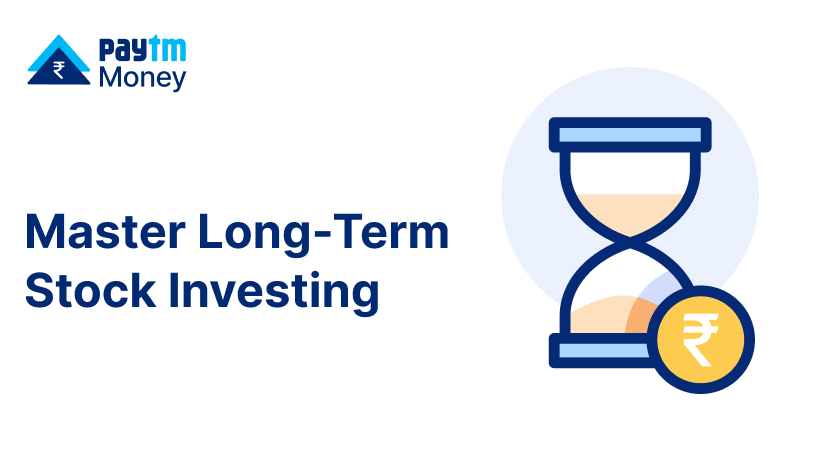What is Algo Trading?3 min read
Trading has evolved, and how!
Back in the 19th century, no one could have imagined how humans would revolutionize the stock trading mechanism.
Before modern-day algorithms were developed, traders used simple approaches like demand & supply analysis, and trend analysis to gauge the market direction. The new generation of traders has several new opportunities as a result of technological advancements.
Algorithmic trading has given traders a competitive advantage, allowing them to improve their skills and surpass traditional trading methods in practice.
It all started in 2008.
In 2008, India’s Securities and Exchange Board of India (SEBI) approved algorithmic trading. The Direct Market Access (DMA) system was implemented. At first, the access was given to Institutional Investors, and gradually it was opened to everyone.
In India, algo trading accounts for 40-50% of trading in both NSE and BSE stock exchanges. Whereas, in developed economies, it accounts for 80% of trading. Yes, there is a vast gap between the two sets of economies.
What is Algorithmic trading?
Algorithmic trading is a way of executing trade orders using automated pre-programmed trading instructions that run in the background. In the backend, a variety of statistical, and mathematical models run, and these pre-programmed logics examine stocks in the market, identify different opportunities, and convert this data-based information into trading decisions.
This entire process takes human error out of the picture and has changed the way financial markets are linked today, giving trading firms more leverage in fast-changing markets.
One doesn’t require much programming knowledge to start algo trading, since the software is readily available for purchase, but if you have interest and can develop little understanding of coding then it certainly helps.
Network connectivity and access to market data are a must to test and deploy strategies.
Types of algorithms:
Agency trading algorithms: The process of breaking down a larger order into several smaller orders based on available liquidity. Time Weighted Average Price (TWAP), Volume Weighted Average Price (VWAP), and Percent of Value are the most widely employed algorithms.
Proprietary trading algorithms: This refers to a firm’s trading activity that uses its capital for trading. Generally, proprietary trading algorithms are utilized with market strategies that incorporate directional bets (such as long and short) depending on market direction.
Momentum, Mean reversion, and Trend-following methods are included in this style of trading.
High-frequency trading algorithm: HFT involves the use of an automated program that executes a huge number of transactions in seconds. The execution speed is very less in HFT. Complex algorithms used in HFT evaluate different equities in milliseconds to discover developing trends.
This is employed by many institutional investors such as investment banks and hedge funds.
Designing a trading strategy:
Step 1: Design framework: Choose what you want to achieve and what kind of strategy/ technique is required.
Step 2: Choose the asset: Based on the market conditions, choose which asset to trade. Check whether the approach path statistically helps to achieve it or not.
Step 3: Building and modeling: Program the logic that can be used to produce buy/sell signals in your strategy.
Step 4: Deriving limitations: Define where to and when to stop the strategy, otherwise it can backfire and cause great losses.
Step 5: Backtesting and Optimization: Test your strategy against historical data to determine whether it goes with the strategy and tweak it, if required.
Advantages of Algo trading:
- As this is pre-programmed, multiple opportunities can be viewed for trading simultaneously.
- Trade can be instant, and execution time is very less.
- Avoids incorrect transactions.
- Order execution cost is less.
- One can automate a trade in real-time.
- Can achieve accuracy and precision.
Conclusion:
Algo trading can be an efficient way for traders to step up their game, without giving in to indiscipline. However, make sure you do your research before you start this advanced style of trading.
Disclaimer: Investments in the securities market are subject to market risks, read all the related documents carefully before investing. This content is purely for information and investor awareness purpose only and in no way to be considered as advice or recommendation. Paytm Money Ltd SEBI Reg No. Broking – INZ000240532. NSE (90165), BSE(6707) Regd. Office: 136, 1st Floor, Devika Tower, Nehru Place, Delhi – 110019.




